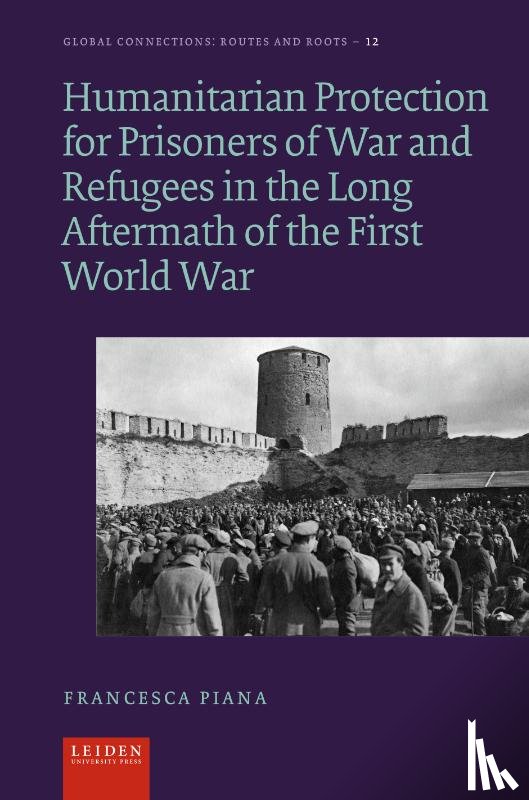Omschrijving
This book tells the story of humanitarians working to safeguard refugee camps, agricultural colonies, trains, and harbours situated at the doors of Europe. At the end of WWI, millions of military and civilians were displaced across Europe, the South Caucasus, and the Eastern Mediterranean. While many made their way home, genocide, revolution, and post-war instabilities complicated the repatriation of prisoners of war from Russia and the Central Powers and pushed Russian and Armenian refugees into exile. In response, an array of international organizations intervene: three of them, the International Committee of the Red Cross, the League of Nations, and the International Labor Organization, implemented humanitarian, political, and legal measures to protect prisoners of war and refugees. This book tells a story of failures and innovations, where humanitarians interacted with the persons assisted in refugee camps, villages, and agricultural colonies, which were often situated “at the doors of Europe” in order to preserve peace at its heart. Negotiations and mundane practices of care concurred into the emergence a plural, discordant, and partial governance of refugee protection. At the end of WWI, millions of military and civilians were displaced across Europe, the South Caucasus, and the Eastern Mediterranean. While many made their way home, genocide, revolution, and post-war instabilities complicated the repatriation of prisoners of war from Russia and the Central Powers and pushed Russian and Armenian refugees into exile. In response, an array of international organizations intervene: three of them, the International Committee of the Red Cross, the League of Nations, and the International Labor Organization, implemented humanitarian, political, and legal measures to protect prisoners of war and refugees. This book tells a story of failures and innovations, where humanitarians interacted with the persons assisted in refugee camps, villages, and agricultural colonies, which were often situated “at the doors of Europe” in order to preserve peace at its heart. Negotiations and mundane practices of care concurred into the emergence a plural, discordant, and partial governance of refugee protection. Table of contents; Figures and tables; Acknowledgements; Abbreviations; Introduction; Part I: The return of forgotten prisoners of war from Russia and from the Central Powers; Chapter 1. Humanitarian diplomacy for prisoners of war: compassion, politics, and money;
Chapter 2. Crossing Narva: the exchange of prisoners of war at the Estonia-Russian border; Part II: The internationalization of the Russian refugee question; Chapter 3. From prisoners of war to Russian refugees: continuity of policies; Chapter 4. The global governance of refugee protection: obstacles and innovations; Chapter 5. Unsorted Constantinople: the protection of Russian refugees from the inter-allied occupation to modern Turkey; Part III: The rescue and the resettlement of Armenian refugees; Chapter 6. International politics for Armenians: polyphonic discourses; Chapter 7. A fragmented global exile: humanitarian protection and refugee politics for displaced Armenians; Conclusion; Bibliography; Index


